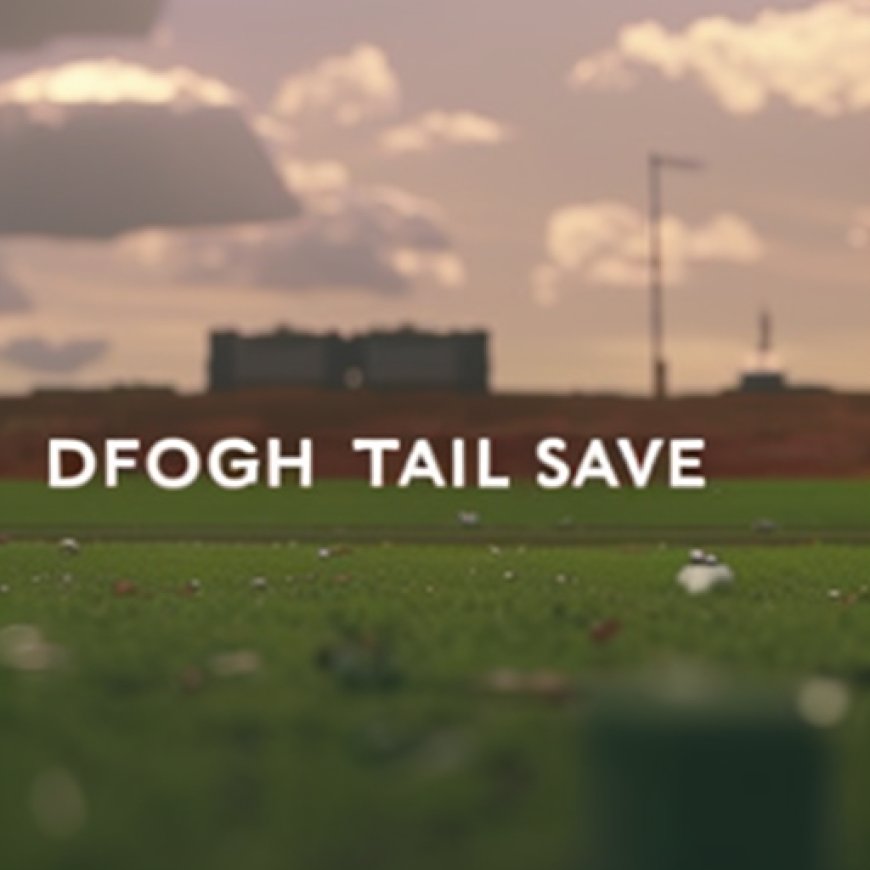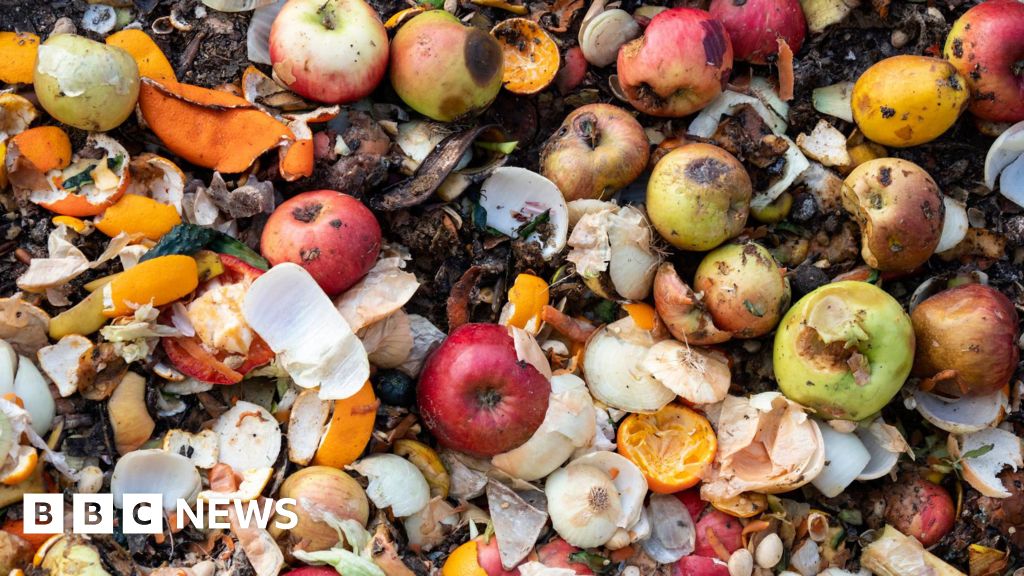Slough Council: Food waste trial saves thousands of pounds


Residents Save Council Money through Food Waste Trial

Introduction
Residents have saved a council more than £3,000 by using food caddies as part of a trial, the authority said.
Slough Borough Council said more than 30 tonnes of food waste have been collected from the residents in five areas since the trial started on 1 July.
Each tonne of food waste costs £10 to dispose of but general waste collected in Slough’s grey bins costs about £120 to get rid of.
The authority urged residents in the trial areas to use their caddies more to divert waste into the cheaper food waste collections.
Details of the Trial
Residents living in parts of Britwell, Langley, Colnbrook, Chalvey, and the Diamond Road estate received the caddies in June ahead of the trial.
Cllr Gurcharan Manku, the authority’s lead member for environmental services, said: “Our thanks go to the hundreds of residents who are taking part in the food waste trial – for not only doing their bit to help the planet, but also to help Slough with a cash saving with each tonne of food that is recycled.
“The benefits of the food waste collection are not just financial, but environmental with each tonne of leftovers, bones, used tea bags, fruit and vegetable peelings being turned into green energy and fertilizer.”
SDGs, Targets, and Indicators
1. Which SDGs are addressed or connected to the issues highlighted in the article?
- SDG 12: Responsible Consumption and Production
- SDG 13: Climate Action
2. What specific targets under those SDGs can be identified based on the article’s content?
- SDG 12.3: By 2030, halve per capita global food waste at the retail and consumer levels and reduce food losses along production and supply chains, including post-harvest losses.
- SDG 13.3: Improve education, awareness-raising, and human and institutional capacity on climate change mitigation, adaptation, impact reduction, and early warning.
3. Are there any indicators mentioned or implied in the article that can be used to measure progress towards the identified targets?
- Indicator for SDG 12.3: Amount of food waste collected and diverted from general waste bins into food waste collections.
- Indicator for SDG 13.3: Increase in the number of residents participating in the food waste trial and using food caddies.
SDGs, Targets, and Indicators
| SDGs | Targets | Indicators |
|---|---|---|
| SDG 12: Responsible Consumption and Production | SDG 12.3: By 2030, halve per capita global food waste at the retail and consumer levels and reduce food losses along production and supply chains, including post-harvest losses. | Amount of food waste collected and diverted from general waste bins into food waste collections. |
| SDG 13: Climate Action | SDG 13.3: Improve education, awareness-raising, and human and institutional capacity on climate change mitigation, adaptation, impact reduction, and early warning. | Increase in the number of residents participating in the food waste trial and using food caddies. |
Source: bbc.com








